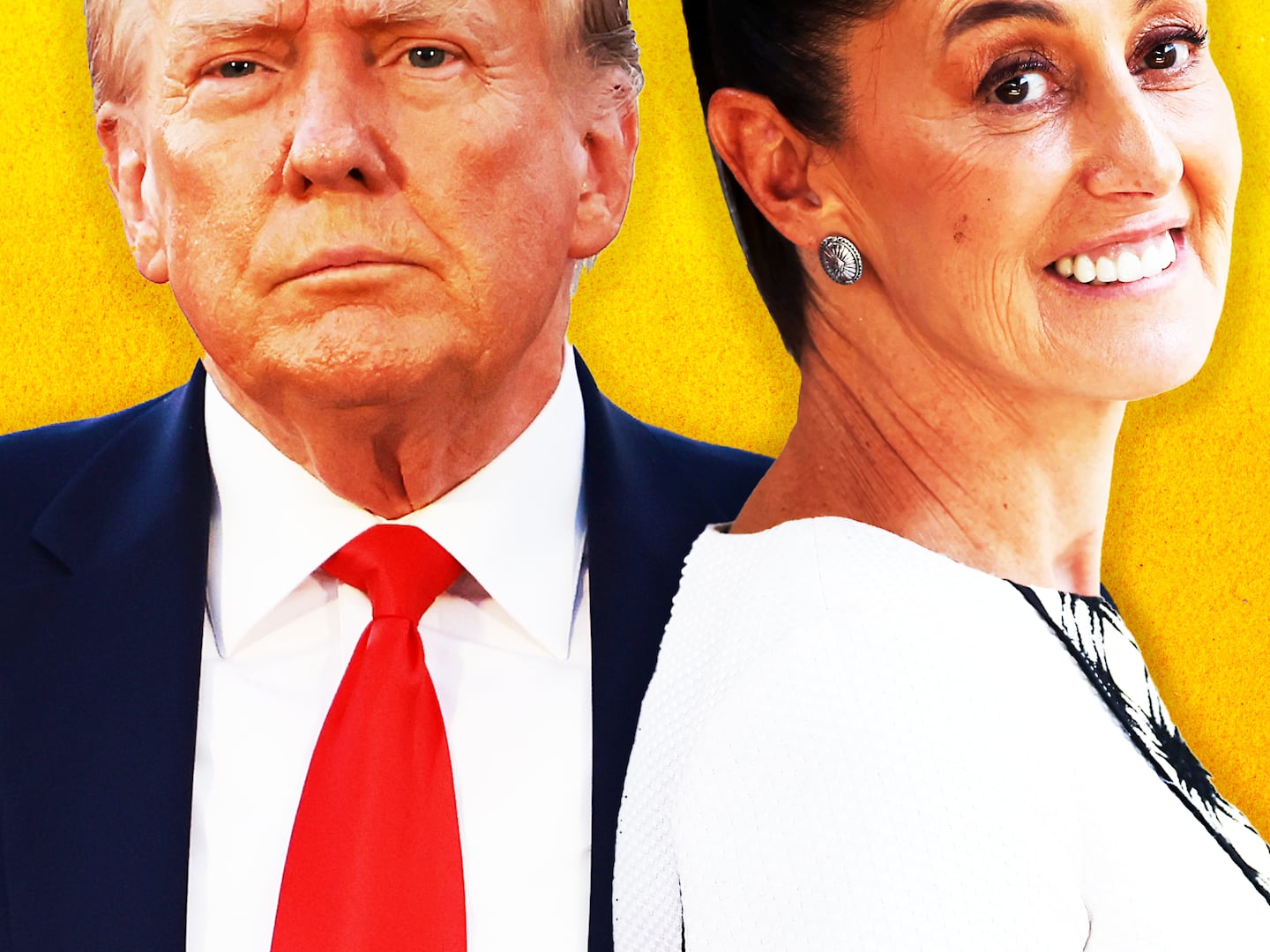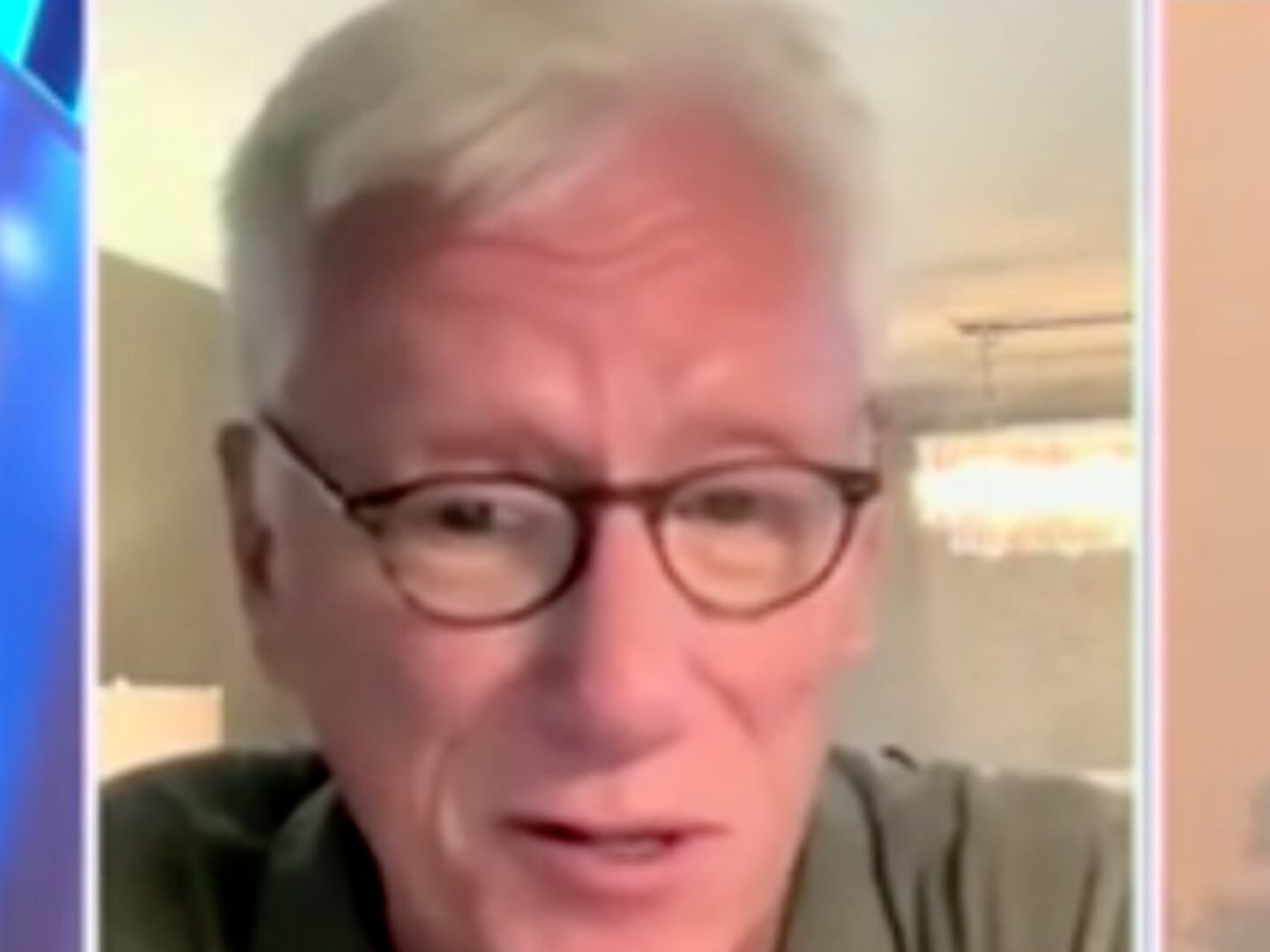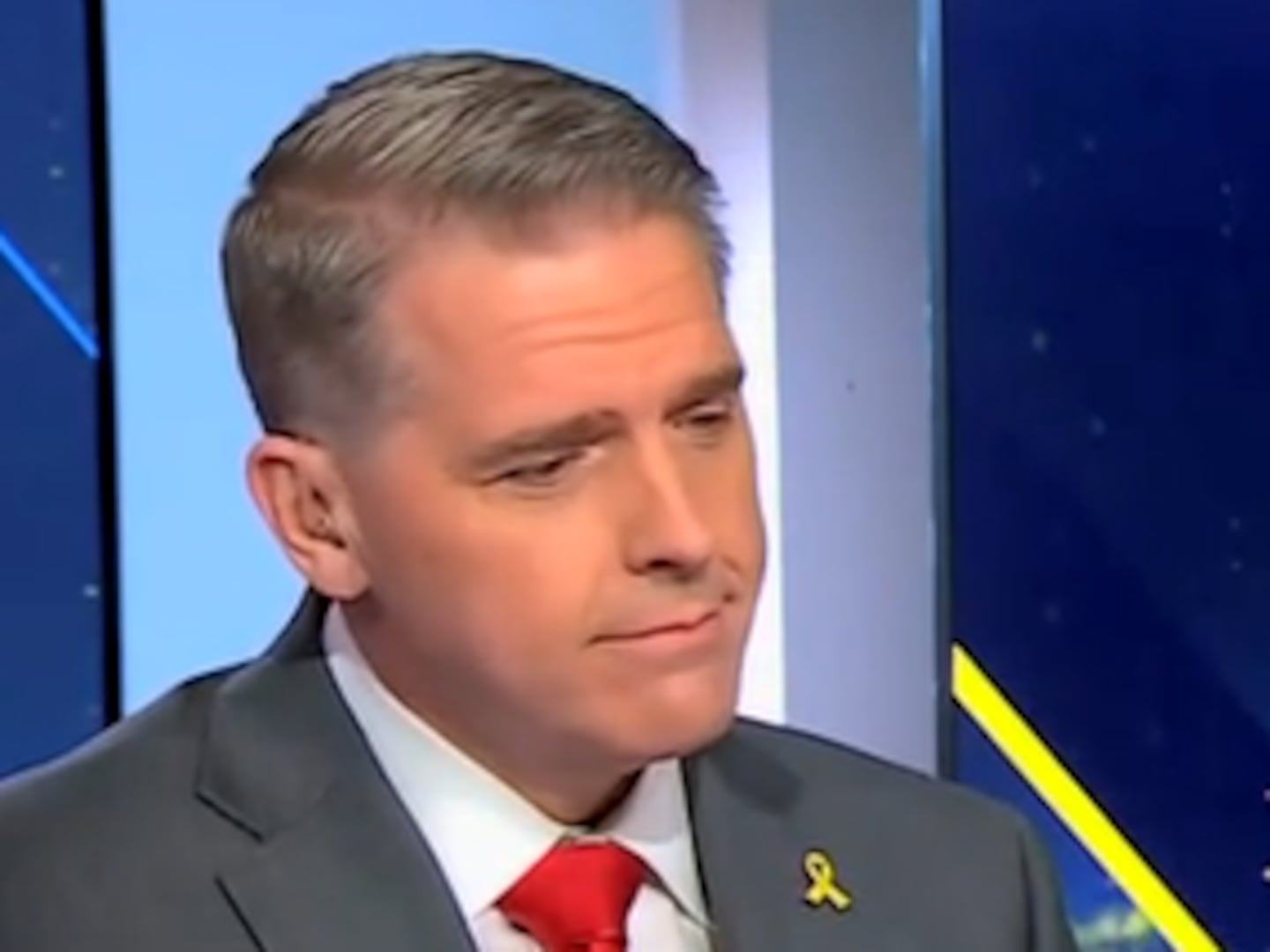Middle East
Getty
Trump Withdrawal From Nuclear Deal Leaves Iran’s Moderates in a Tight Corner
‘Psychological Warfare’
The move ‘is a huge blow’ to Iranian President Hassan Rouhani and ‘discredits him in Iranian politics,’ said a journalist based in Tehran.

Trending Now




